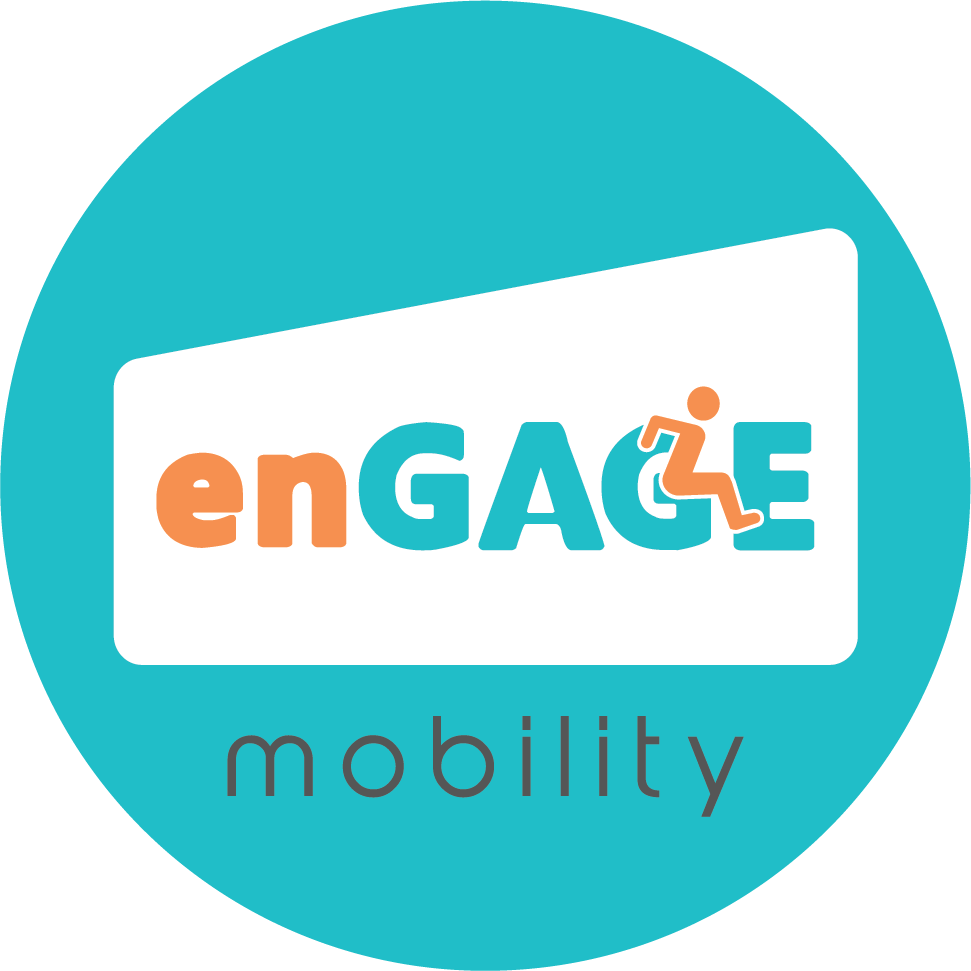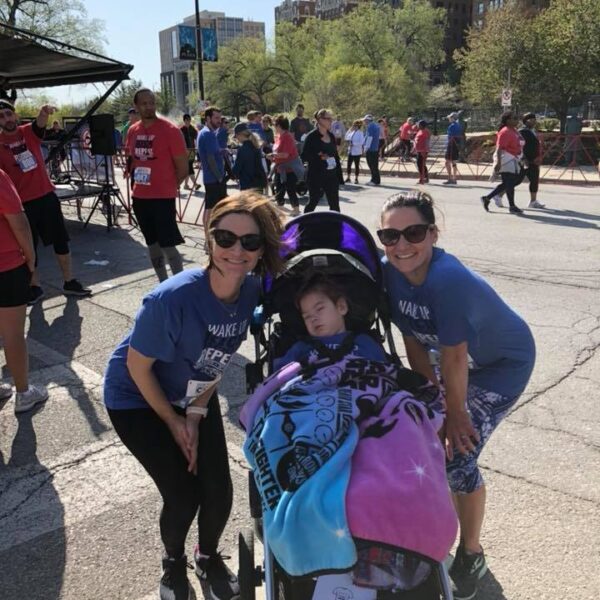By Michelle
“IT TAKES A VILLAGE TO RAISE A CHILD” –AFRICAN PROVERB
While we were slowly moving forward, I quickly realized how isolating our new journey was going to be. Research has shown that people who have unique experiences tend to report less positive feelings and a sense of exclusion compared to those who had shared, ordinary experiences. This is the reality for special needs families–because our daily lives are so different from a typical family, many times it is hard for others to relate to us and for us to relate to them. When you compound this with all the other obstacles we face on a daily basis, maintaining relationships becomes all the more difficult and the feelings of isolation start to settle in.
I believe at some point in our lives we all experience a degree of isolation–a time where we feel detached, like no one could understand what we are going through. For some that could be as an angsty teen trying to navigate social groups and find where they fit in. For others the disconnect may come as an adult trying to cope with an empty nest or the loss of a loved one. I have discovered that while it may seem like you are alone in your situation, there is always someone who can empathize, there is always someone willing to help, you just have to be open to accepting the help when it is presented.
An African proverb says that it takes a village to raise a child. This implies that we can’t do everything ourselves, that we must be willing to accept help. This is not something that comes naturally to me. For the five months Eliana spent in the NICU, I was granted extended leave from work so that I could be with her. While I was fortunate to have an employer that was willing to grant me this leave, it also meant an extended time without pay. Knowing the potential financial burden we were about to experience, my village stepped in to help. I may have been 31 years old, married and living in a different city, but in the eyes of the Tipton community that helped to raise me, I was just a child from their village that needed help. Chris and I were truly humbled by the outpouring of love and support we were shown from this amazing community but it was very difficult to accept this seemingly undeserved kindness.
I think from any early age we all desire independence, like the toddler who insists they can do everything themselves and the teenager who ignores sage advice from their parents because they believe they know it all. I was no different. I believed that I should be able to care for my child and continue in my roles as wife, teacher, and coach without any extra support because that is what mothers are supposed to do.
No matter how much I thought I could do it all, I was quickly shown that I was wrong. I was immediately denied the chance to do even the most basic tasks expected of all new mothers like holding, feeding, bathing, even dressing my child. Because of Eliana’s condition early on, these tasks were carried out by highly skilled nurses and medical equipment. I did not get to hold Eliana until she was 3 days old–I have been making up for those 3 days each year since.
Not being able to adequately care for my child, made me feel like a failure. As our hospital stay went from days, to weeks, to months, I realized that other roles that I was used to doing were also being challenged. I had to take an entire semester off from teaching, I would no longer be able to coach and how could I juggle all this and still be a good wife? So when my village–the Tipton community, my co-workers, family and friends–started to offer help, I struggled to accept it. In my mind accepting help was showing weakness and was forcing me to acknowledge my own shortcomings.
Shortly after we got home from the NICU, I discovered an online Facebook Community that was started by a handful of parents whose children suffered from the same genetic change as Eliana. Earlier I mentioned that research has shown that people who have unique experiences, like we were having, tend to feel isolated and have an increase in negative feelings. But conversely, research also shows that positive feelings can be amplified through shared experiences. Researchers found that people who shared the act of eating a piece of chocolate together, with another person, reported enjoying it more than those who ate it alone.
Discovering my SCN2A Family meant I was no longer eating my chocolate alone–I was now sharing my experience with people who understood and could offer me unique support that I couldn’t find anywhere else–my village had grown. Over the last several years, that village has become more like a booming metropolis, growing exponentially to include countless doctors, nurses, teachers, and therapists who have all helped to fill in the areas where I am lacking, to make our lives complete.
Through this journey, I have come to the realization that accepting help is not a weakness; it actually takes an immense amount of strength to not only confront your shortcomings but to then allow people to share in your experience. So, whatever you are battling, don’t do it alone. Find your village and eat your chocolate together.

